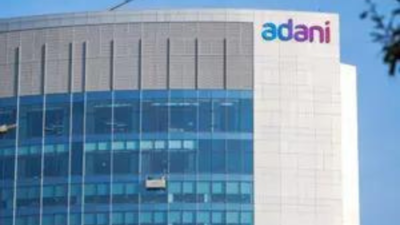Boost in financial literacy along with growing middle class fuels retail investor growth in Indian markets: Report

NEW DELHI: The Indian capital markets have witnessed a notable surge in retail investor participation in recent years, driven by a growing middle class and rising financial literacy.A joint report by ASSOCHAM and ICRA signifies a marked shift in investor behaviour, with a rising preference for mutual funds and systematic investment plans (SIPs), especially among individual investors.The transformation of India’s capital markets is being fueled by digital innovation, supportive regulatory reforms, and a broadening investor base, according to the reported quoted by ANI. Retail investor ownership in NSE-listed companies has grown significantly, rising from 11 per cent a decade ago to 18 per cent of total market capitalisation today.Regulatory improvements by the Securities and Exchange Board of India (SEBI) have enhanced market transparency and integrity. Key structural reforms, including the implementation of the Goods and Services Tax (GST) and the Insolvency and Bankruptcy Code, have further strengthened the financial ecosystem, contributing to a more stable investment environment.Despite this progress, India’s market penetration remains relatively low. Retail equity participation is just 8 per cent of the population, compared to 15–20 per cent in China, 45–50 per cent in the United States, and 55–60 per cent in Japan. The report underscores the substantial growth potential that exists due to India’s under-penetrated capital market.Currently, the domestic mutual fund investor base is roughly half the size of the direct equity investor base, indicating significant scope for expansion. The report notes that the growing availability of diverse investment vehicles—including mutual funds, exchange-traded funds (ETFs), portfolio management services (PMS), real estate investment trusts (REITs), infrastructure investment trusts (InVITs), alternative investment funds (AIFs), and various debt instruments- allows investors to tailor portfolios to their risk appetite and financial goals.However, the report also flags ongoing challenges. The increasing global integration of India’s capital markets exposes certain sectors to both international and domestic economic risks. In particular, the information technology (IT) sector—heavily reliant on exports to the US and Europe—remains vulnerable to global economic slowdowns.The ASSOCHAM-ICRA report also states that while India’s capital markets are on a promising trajectory, continued reforms and resilience against external shocks will be key to sustaining momentum.




